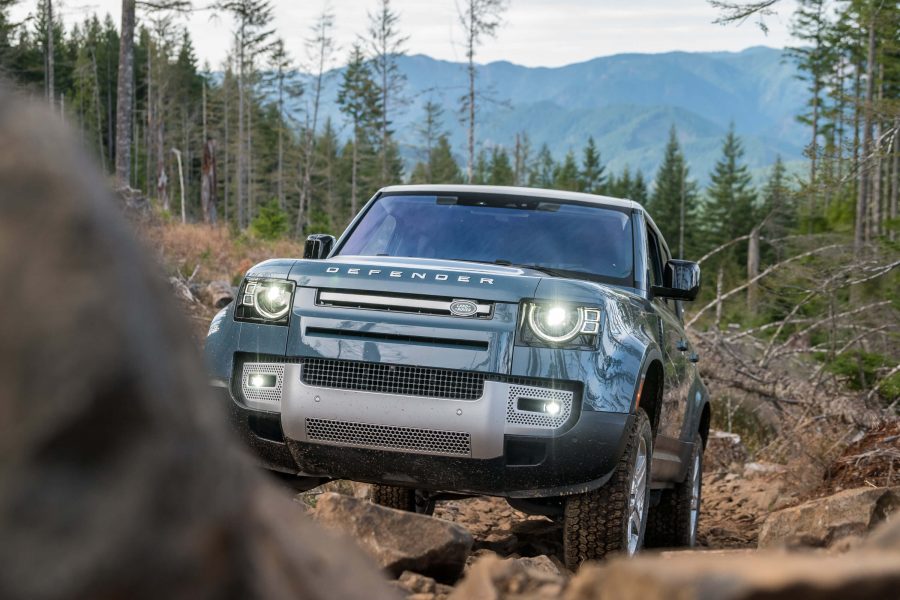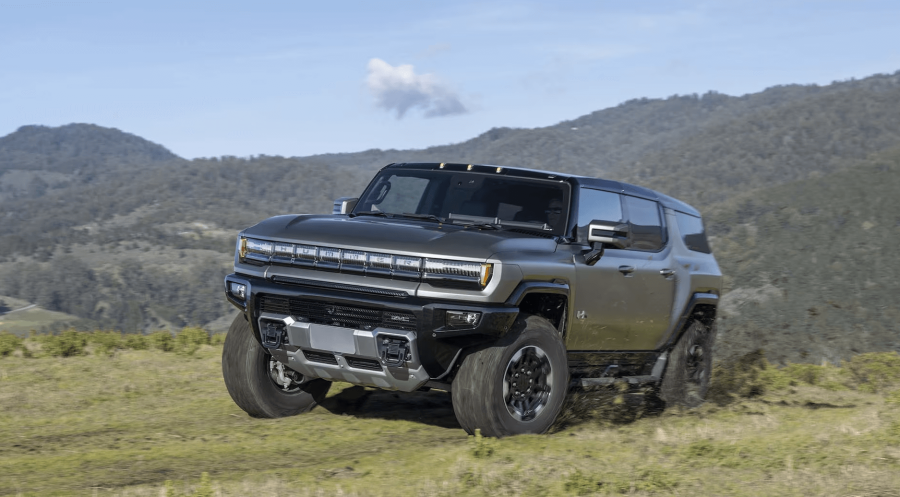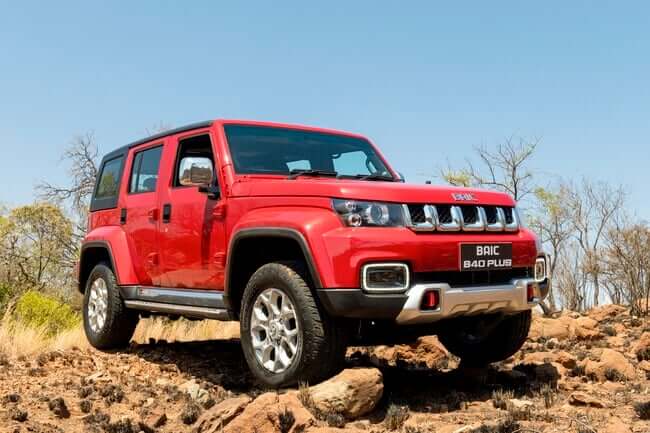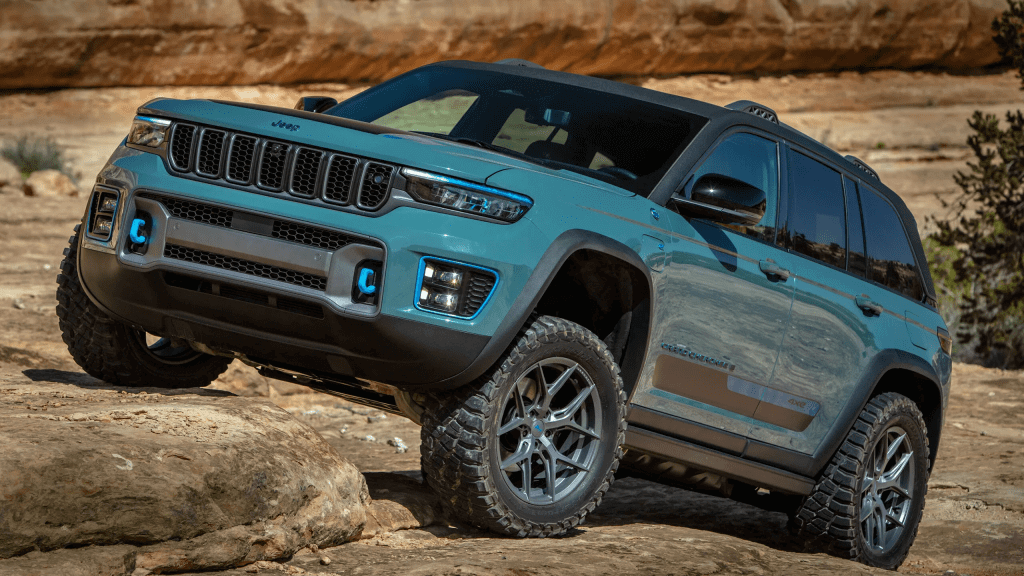The Northern Territory of Australia is renowned for its rugged landscapes, expansive outback, and diverse wildlife. This region offers some of the best off-roading adventures in the country, attracting thrill-seekers and nature enthusiasts alike. Renting a crossover for your off-road journey can provide the perfect balance of comfort, versatility, and capability needed to navigate these challenging terrains. This comprehensive guide will explore the essentials of renting a crossover in the Northern Territory, highlighting key considerations, preparation tips, and must-visit destinations.
Why Choose a Crossover for Off-Roading?
Crossovers combine the practicality of a sedan with the capabilities of an SUV. They offer several advantages for off-roading in the Northern Territory:
- Versatility: Crossovers are designed to handle a variety of terrains, from paved roads to rugged trails.
- Comfort: Modern crossovers provide a comfortable ride with features that enhance driving pleasure and reduce fatigue.
- Fuel Efficiency: Compared to larger SUVs, crossovers tend to be more fuel-efficient, which is beneficial for long trips.
- Safety: Equipped with advanced safety features, crossovers ensure a secure journey through challenging environments.

Key Considerations for Renting a Crossover
When renting a crossover for off-roading adventures in the Northern Territory, it’s essential to consider several factors to ensure you select the right vehicle for your needs.
Vehicle Specifications
Engine Power and Performance
Look for a crossover with sufficient engine power to handle off-road conditions. A model with at least a 2.0-liter engine and all-wheel drive (AWD) or four-wheel drive (4WD) capability is recommended. These features provide better traction and stability on uneven surfaces.
Ground Clearance
Adequate ground clearance is crucial for navigating rocky or uneven terrain. A crossover with a ground clearance of at least 200 mm will help prevent undercarriage damage.
Tire Type
Ensure the rental vehicle is equipped with all-terrain tires. These tires offer better grip and durability on off-road trails, enhancing safety and performance.
Rental Terms and Conditions
Insurance Coverage
Verify the insurance coverage provided by the rental company. Comprehensive insurance that includes off-road coverage is essential for peace of mind. Check for any exclusions or additional charges related to off-road use.
Mileage Limits
Off-roading trips often cover long distances. Ensure the rental agreement includes sufficient mileage to avoid extra charges. Some companies offer unlimited mileage options, which can be beneficial for extensive travel.
Roadside Assistance
Confirm that the rental package includes roadside assistance. In remote areas, this service is invaluable in case of breakdowns or emergencies.

Preparing for Your Off-Road Adventure
Proper preparation is key to a successful and enjoyable off-roading trip in the Northern Territory. Here are essential steps to take before setting out.
Planning Your Route
Research Destinations
The Northern Territory offers numerous off-road destinations, each with unique attractions. Popular spots include:
- Kakadu National Park: Known for its stunning landscapes, Aboriginal rock art, and diverse wildlife.
- Litchfield National Park: Famous for its waterfalls, swimming holes, and monsoon forests.
- MacDonnell Ranges: Offers scenic gorges, waterholes, and Aboriginal cultural sites.
- Uluru-Kata Tjuta National Park: Home to the iconic Uluru (Ayers Rock) and the Olgas, offering a spiritual and visually striking experience.
Map Out Stops and Refueling Points
Plan your route carefully, identifying key stops, refueling points, and accommodation options. The Northern Territory is vast, and fuel stations can be sparse in remote areas. NT Government’s Road Conditions website provides up-to-date information on road conditions and fuel availability.
Packing Essentials
Safety and Emergency Gear
Pack essential safety and emergency gear, including:
- First Aid Kit: Comprehensive kit with supplies for treating injuries.
- Emergency Beacon: Personal locator beacon (PLB) for remote areas without mobile reception.
- Recovery Gear: Tow straps, shovel, and traction boards for vehicle recovery.
- Tool Kit: Basic tools for minor repairs and adjustments.
Food and Water Supplies
Bring sufficient food and water for the duration of your trip. Non-perishable food items and at least 10 liters of water per person per day are recommended. Additional water for the vehicle’s radiator is also advisable.
Navigation Tools
Ensure you have reliable navigation tools, such as:
- GPS Device: Dedicated GPS device with off-road maps.
- Paper Maps: Backup paper maps of the region.
- Compass: Basic compass for orientation if electronic devices fail.
Vehicle Check
Before setting out, conduct a thorough check of the rental crossover:
- Tires: Ensure tires are in good condition and properly inflated.
- Fluids: Check engine oil, coolant, brake fluid, and windshield washer fluid levels.
- Lights and Signals: Verify that all lights and signals are functioning correctly.
- Battery: Ensure the battery is fully charged and in good condition.

Off-Roading Tips and Best Practices
Driving off-road requires specific skills and awareness. Here are some essential tips to ensure a safe and enjoyable experience.
Driving Techniques
Slow and Steady
Maintain a slow and steady pace when driving on rough terrain. Sudden acceleration or braking can cause loss of control or damage to the vehicle.
Use Low Gears
In challenging conditions, use low gears to increase torque and improve control. This technique is particularly useful for climbing hills or navigating rocky areas.
Avoid Obstacles
Whenever possible, avoid large obstacles such as rocks, deep ruts, and tree stumps. If unavoidable, approach them at an angle to reduce impact on the vehicle.
Environmental Considerations
Leave No Trace
Follow the “Leave No Trace” principles to minimize your impact on the environment. Stay on designated tracks, dispose of waste properly, and respect wildlife and natural habitats.
Respect Cultural Sites
The Northern Territory is rich in Aboriginal cultural sites. Show respect by not disturbing these areas, following local guidelines, and seeking permission if necessary.
Must-Visit Off-Road Destinations
Kakadu National Park
Kakadu National Park is a UNESCO World Heritage site offering diverse landscapes and rich Aboriginal culture. Key attractions include:
- Jim Jim Falls: Accessible by a challenging 4WD track, offering stunning views and swimming opportunities.
- Twin Falls: Another impressive waterfall, reachable by boat and a short hike.
- Ubirr Rock Art: Features ancient Aboriginal rock art and panoramic views of the surrounding floodplains.
Litchfield National Park
Litchfield National Park is renowned for its waterfalls, swimming holes, and monsoon forests. Highlights include:
- Wangi Falls: A popular spot with a large swimming area and walking trails.
- Florence Falls: Twin waterfalls with a refreshing plunge pool.
- The Lost City: Unique rock formations resembling a city, accessible via a 4WD track.
MacDonnell Ranges
The MacDonnell Ranges offer a mix of stunning gorges, waterholes, and cultural sites. Notable locations include:
- Ormiston Gorge: Known for its scenic beauty and walking trails.
- Ellery Creek Big Hole: A popular swimming spot with impressive rock formations.
- Simpsons Gap: A narrow gorge with towering cliffs and rare rock wallabies.
Uluru-Kata Tjuta National Park
This park is home to the iconic Uluru (Ayers Rock) and the Olgas (Kata Tjuta). Key activities include:
- Uluru Base Walk: A 10.6 km trail around the base of Uluru, offering close-up views and cultural insights.
- Valley of the Winds: A challenging hike through the Olgas, providing breathtaking views and unique rock formations.
- Sunrise and Sunset Viewing: Experience the changing colors of Uluru at dawn and dusk.
Safety and Regulations
Permits and Permissions
Certain areas in the Northern Territory require permits for access. Check with local authorities or the Northern Territory Government for permit requirements and application procedures.
Weather Considerations
The Northern Territory’s weather can be extreme, with hot summers and wet seasons. Check weather forecasts and road conditions before your trip, and be prepared for sudden changes. Avoid driving on flooded or closed roads.
Wildlife Awareness
The region is home to diverse wildlife, including kangaroos, dingoes, and reptiles. Drive cautiously, especially at dawn and dusk, to avoid wildlife collisions. Never approach or feed wild animals.
Conclusion
A crossover rental for an off-roading excursion in the Northern Territory provides an ideal combination of capability, versatility, and comfort. A safe and unforgettable journey through some of Australia’s most breathtaking landscapes can be achieved by selecting the appropriate vehicle, preparing exhaustively, and adhering to best practices. The Northern Territory guarantees an unforgettable experience for every off-road enthusiast, whether they are investigating the ancient rock art of Kakadu, swimming in the pristine pools of Litchfield, or witnessing the majesty of Uluru. For more detailed information and planning resources, visit the Northern Territory Government website.

Biker, feminist, ukulelist, hand letterer and HTML & CSS lover. Acting at the intersection of art and computer science to craft meaningful ideas that endure. Concept is the foundation of everything else.
